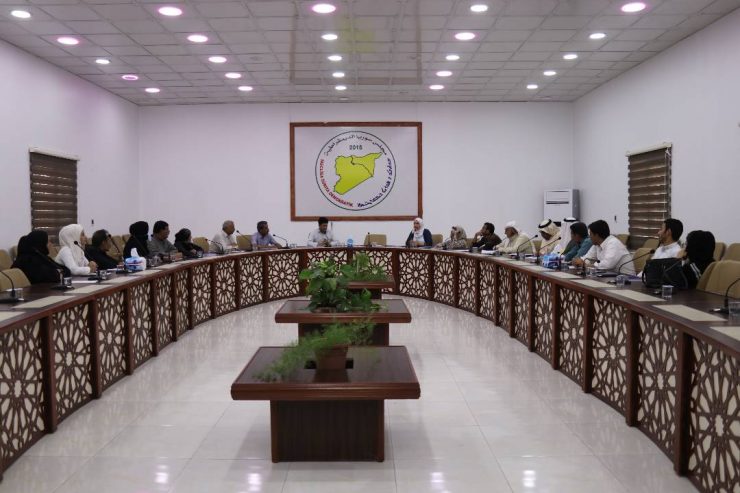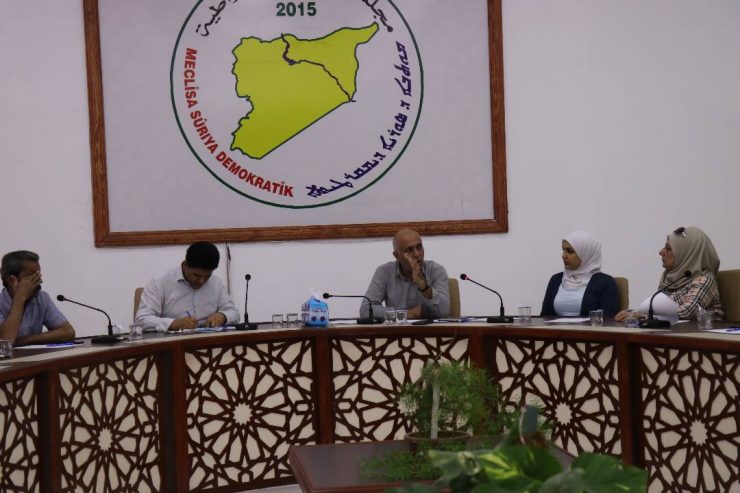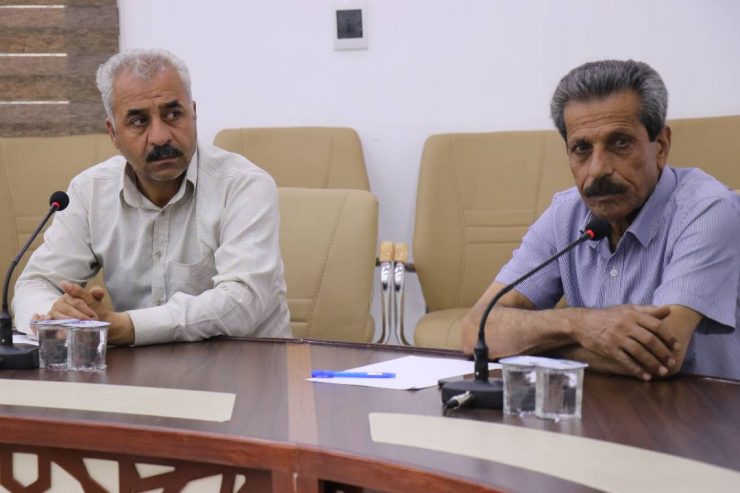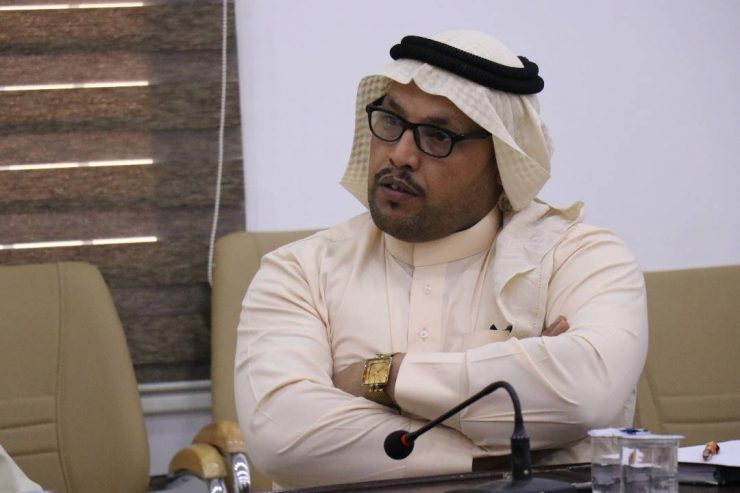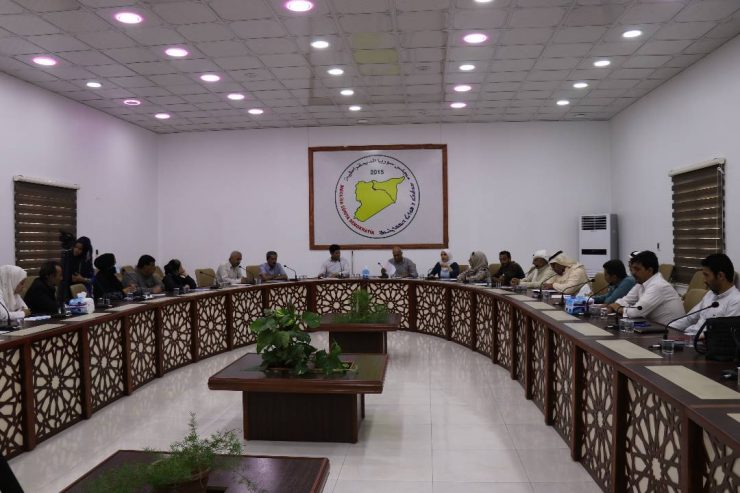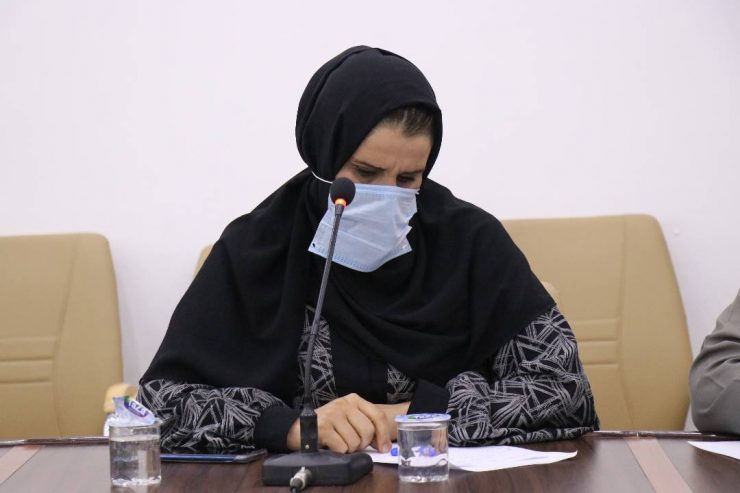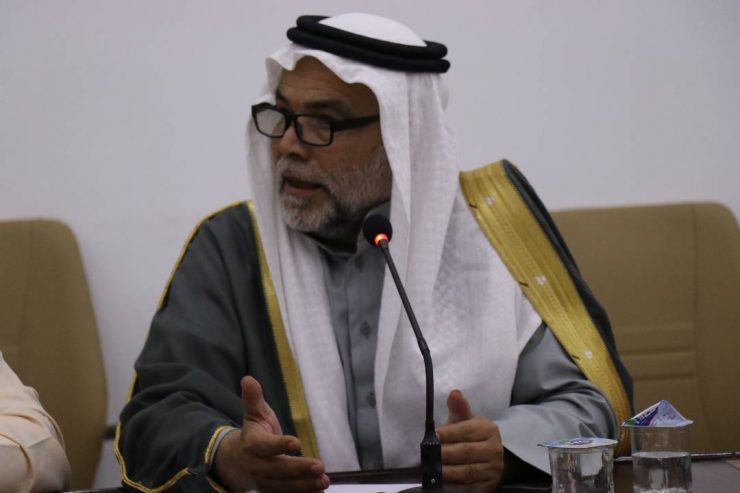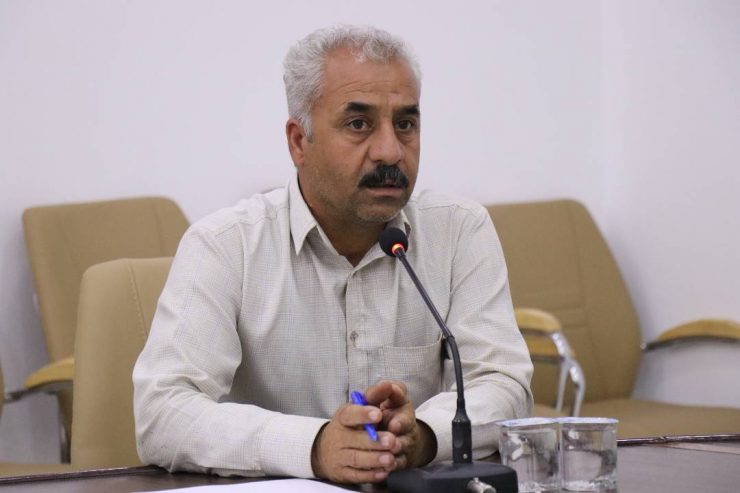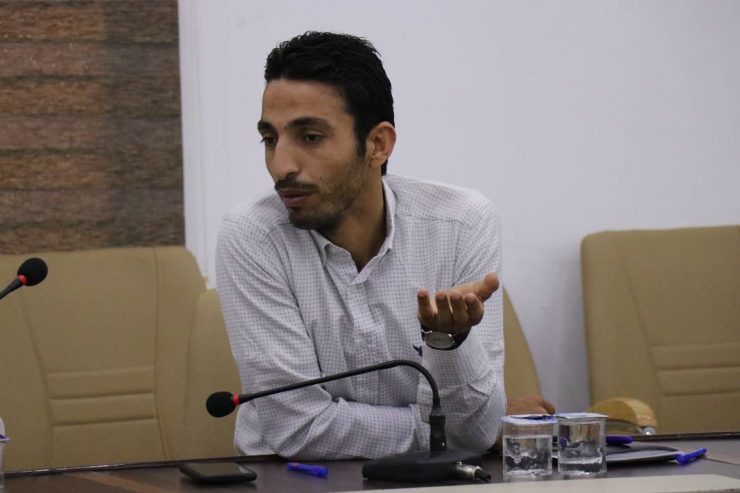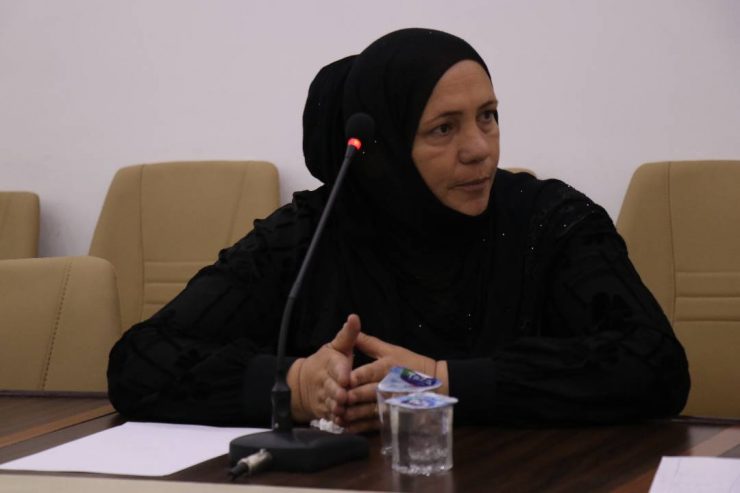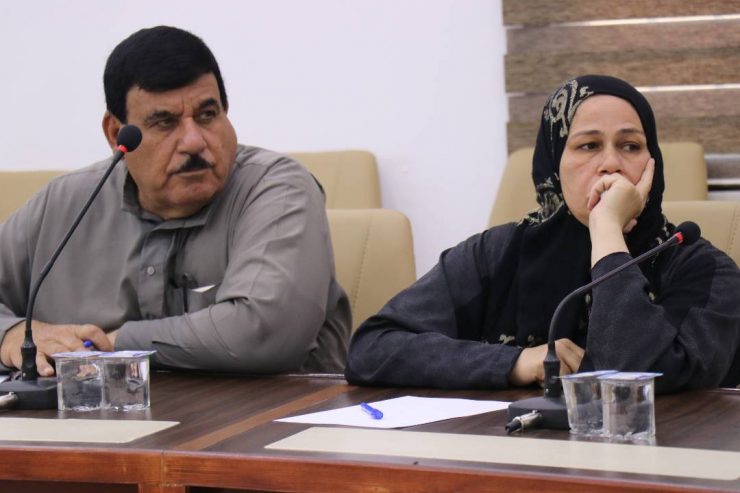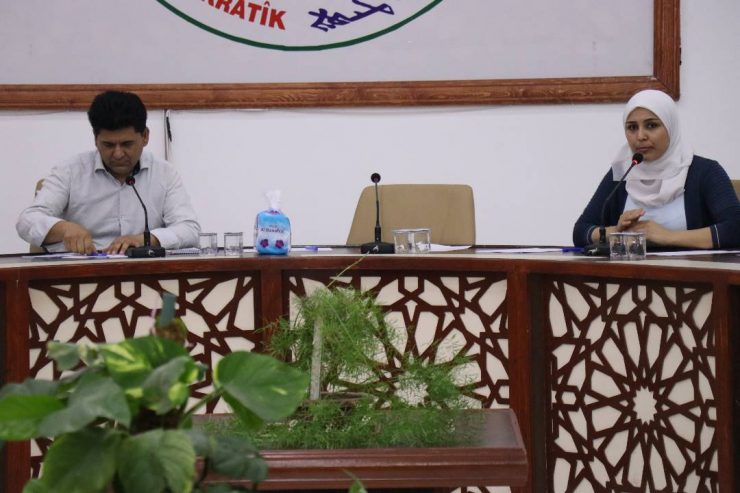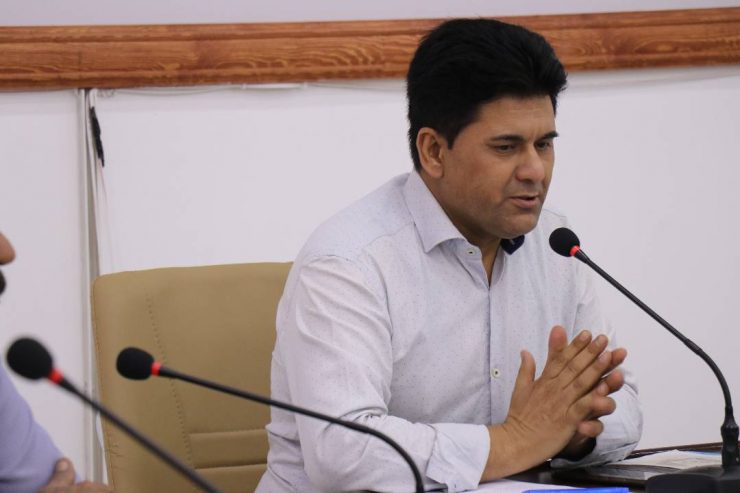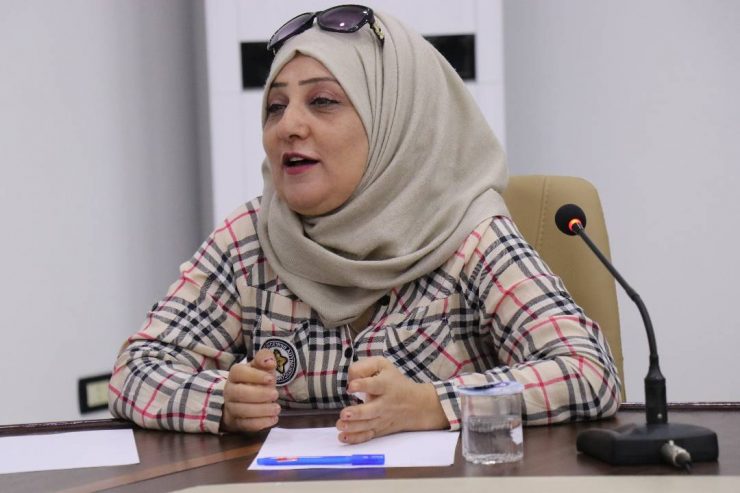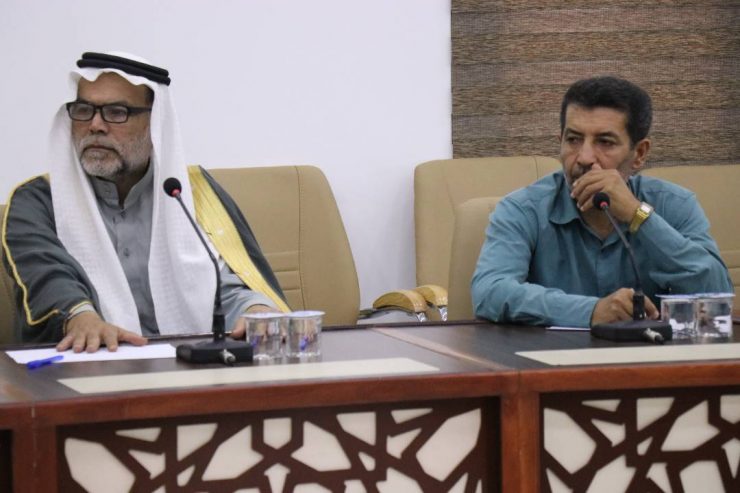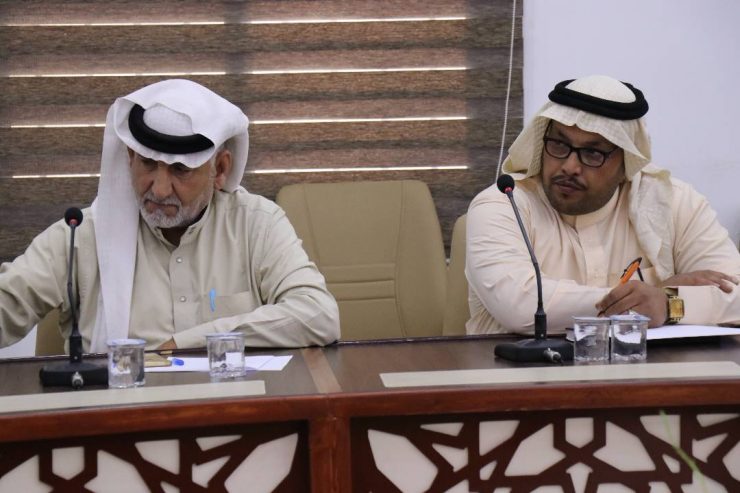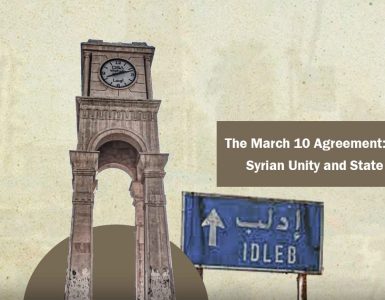In the first session of the Political Salon, the Relations Bureau of the Syrian Democratic Council organized a workshop on international documents and resolutions related to the Syrian issue, including UN Resolution 2254. The workshop took place on Sunday, with the presence of representatives of political parties at the headquarters of the Syrian Democratic Council in Raqqa.
The workshop discussed two main topics. Ismail Al-Khaled, a researcher and editor at the Democratic Middle East magazine, reviewed the international documents and resolutions concerning Syria, starting from Resolution 612/S in October 2011, which condemned the regular and ongoing violations against human rights and the use of force against civilians by the authorities in Damascus.
During the first topic, Al-Khaled also touched on a series of relevant documents and resolutions such as Resolution 77/S in February 2012, Resolution 538/S, Resolution 2118 in September 2013, Resolution 2139 in February 2014, Resolution 2191 in December 2014, and other resolutions calling for a political settlement for the situation in Syria, cessation of hostilities, and the delivery of aid. The discussion concluded with Resolution 2672 issued by the Security Council in January 2023.
The researcher focused on the impact of international resolutions and UN decisions on the political landscape in Syria, whether regarding crossings and the delivery of aid to northern Syria or the relationship between the United Nations and the authorities in Damascus. He concluded his remarks by referring to the six resolutions in the bilateral meeting between Saudi Arabia and the United States of America.
In the same context, the organizers of this workshop emphasized the importance of political parties being informed about the developments on the Syrian file and shedding light on the international documents and resolutions related to the Syrian issue, especially UN Resolution 2254.
Kamel Al-Hazber, a member of the Relations Bureau of the Syrian Democratic Council, discussed the transitional justice process that serves political stability, emphasizing the duty of political powers to focus on the interests of Syrians and present practical ideas and proposals that must be carried out to save Syria.
Meanwhile, Nawal Hameed, a member of the Women’s Bureau of the Democratic National Alliance Party, considered the United Nations’ decisions as a focal point regarding the Syrian issue for a political resolution, the return of displaced people, and the participation of all groups in the path of the resolution. She also questioned the extent to which northeastern Syria benefited from these resolutions.
Sheikh Mahmoud Al-Issa, a member of the Conservative Party, highlighted the necessity for the Syrian people to unite, not to be followed by the interests of regional interfering countries that have turned the Syrian people from being owners of a cause into refugees and an investment card.
The second topic of discussion was on UN Resolution 2254, where Azad Barazi, a member of the Syrian Kurdish Democratic Party, shed light on the international decisions that it is based upon, such as the Geneva and Vienna statements, and the facilitating role of the United Nations in issuing it with its sixteen provisions and consensus. Barazi considered it an “ethical value” that they seek to achieve.
It is worth mentioning that the Political Salon, similar to literary and cultural salons, is a gathering of various political, social, tribal, and institutional entities to discuss and consult on common issues that serve the community.


